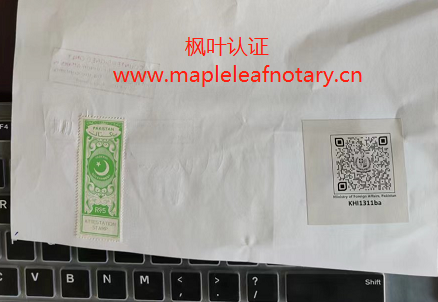Document required of non criminal reocrd:
- Copy of applicant’s CNIC
- Copy of applicant’s passport
- Copy of applicant’s PP Size Photographs (4 Nos.)
- Copy of father’s CNIC
- Copy of mother’s CNIC
- CNIC copy from any witness / reference / neighbor
First rule for document legalization is NEVER PLASTIC PRESSED LAMINATING your documents or certificates. Since the related Indonesian governments and foreign embassy will need the back of the blank page of your certificate in order to stamp, signature, and register of their legalization.
Birth certificate legalization at the related Indonesian governments and also foreign embassy, the current birth certificate is required (no longer than 3 months old). For example: your child was born in 1998, and in this April 2011 you will bring your child to live with you in foreign country, you will need to legalize your child birth certificate for this purpose. Before legalization can be carried out, first you have to renew your child birth certificate at the Civil Department or so called “KUTIPAN AKTE KELAHIRAN”. After getting your child´s birth certificate renewed, then you can start processing legalization at the related departments of the Indonesian government, and also foreign embassy.
Married certificate legalization at the related Indonesian governments and also foreign embassy, the married book issued by KUA (religious dept.) is suffice for legalization at the Indonesian governments. However before the legalization can be taken place at the Ministry of Justice Dept, the legalization of the 3 sets of copy at the KUA Office where the married book was issued is required & “specimen signature” of the KUA officer who sign the legalization will be required as well in order to be able to further legalizing it at the Central Religious Dept (so called “DEPAG”), and then to the Ministry of Justice Dept and Foreign Affairs Dept.





